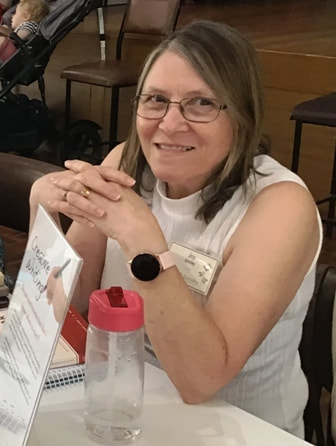From that time on, we were hooked. We sat through every Roy Bailey concert we could find over the following Festivals. It was not that his voice was the best in the world, but it was very good. It was not that he was the best guitarist in the world – it was reasonable basic I suppose. The reason we were so lost in his music was his choice of songs, and his presentation. He did not write the songs himself. I suppose some of them were protest songs. But there were also songs based on people, injustice, human nature or historical events.
He is English, a former professor of Social Studies. He loved coming to Australia to perform at Folk Festivals. His concerts are packed, with people sitting silent. Some of his songs can have you in tears, even when you have heard them multiple times. Many of his songs were written by Australians – Ted Egan’s Alyandabu, a song about an aboriginal woman whose property and children were taken from her when her Irish husband died; Alistair Hulett’s He Fades Away, a classic song about the impacts of mining asbestos.
But there are a few songs that just need to be mentioned:
Patience Kershaw: The Testimony of Patience Kershaw tells the story of a 17-year-old girl’s life working in the mines. Based on the actual testimony Patience Kershaw gave to the Children’s Employment Commission in 1842, the song was written by Frank Higgins in the 60s.
What you do with what You’ve Got: I cannot get past the words of this song...
It's not what you've been given
It's what you do with what you've got
Everything Possible: On a children’s CD, but for all ages, the message that you can be anybody that you want to be.
Roses of Eyam: the story of the village of Eyam that made the remarkable decision to quarantine itself in an heroic attempt to halt the spread of the Great Plague in 1666.
What it comes down to for me, is the genuine belief he had in the words he sang. You can immerse yourself in the genuine love he has for people.
Joy Shirley
February 2018


 RSS Feed
RSS Feed
